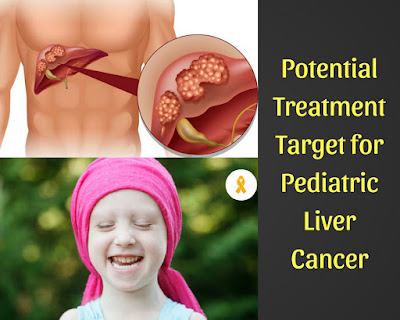World Breast-Feeding Week 2018: Breast-feeding's Role in 'Seeding' Infant Microbiome
Breast milk is pressed with brain-boosting essential fatty acids, bodybuilding vitamins and minerals, hormones, development components, and a plenty of proteins and carbohydrates for fast advancement but too contains a wealth of immunological components that work both to secure the child from harmful viruses and bacteria and to balance and create your baby’s immune system. In spite of the fact that they all work in numerous ways (a few are anti-inflammatory while others are antimicrobial) numerous components combine to create breast milk an immune-boosting, a baby-friendly cocktail of immunoglobulins (like SIgA), cytokines, lactoferrin, proteins (like lysozyme), leukocytes, probiotics, and prebiotics.
When mother or child (or both) is suffering from an illness, infection-fighting cells called leukocytes in her milk spike from comprising fair 2 percent of total cells in times of health to a whopping 94 percent amid sickness, which deciphers to baby’s everyday ingestion of billions of leukocytes to assist them get well. As soon as everybody is healthy once more, the leukocytes drop back down to typical levels.
Before birth, your baby contains a nearly sterile intestine and an immature immune system, missing the all-important bacteria that will, in the long run, make up their microbiome. The journey through the birth canal and skin-to-skin contact are your baby’s first (exceptionally important) inoculations of all the life-supporting microbes they require for long-term wellbeing and insusceptibility, but it turns out that babies get about 30 percent of their gut bacteria from breastfeeding.
That’s right, breast milk is full of probiotics that help to seed your baby’s gut and set up their immune system. And we’ve learned that this microbial component of milk is so significant to a baby’s health that breast milk too contains special sugars called human milk oligosaccharides (HMOs) that specifically nourish Bifidobacterium infantis, a powerhouse strain that not only supports brain development and produces folate for baby’s healthy growth, but it bolsters immune function by feeding intestinal cells and helping to fill in holes within the gut barrier.
The microscopic organisms in breast milk too have the
capacity to develop in layers that seal the helpless openings. So, not as it
did breast milk seed your baby’s intestine with nearly a third of the entire
friendly flora they require for appropriate immune system advancement, but it
provides the immune factors your baby must remain well whereas their immune
function develops amid the first few years of life. 80 percent of our immune
system dwells in our gut, which moreover has another exceptionally vital,
life-supporting, living environment of organisms called the intestine microbiome. The
microbiome does a lot of things, but its capacity to support and balance your
immune system. So we know that probiotics are a critical component of our
immune health.




Comments
Post a Comment